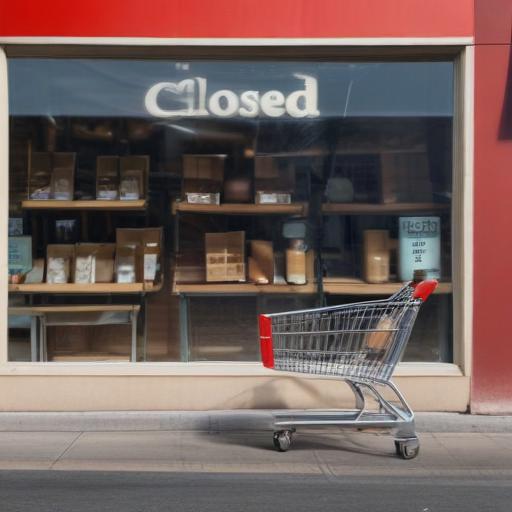CINCINNATI — The Kroger Co. has announced plans to close 60 stores over the next 18 months, though it reassured investors that stores remaining open are expected to experience stronger sales growth.
While the specific locations of the closures have not been disclosed, a Kroger spokesperson confirmed that no stores in Cincinnati are expected to close. The company reported an impairment charge of $100 million in its recent first-quarter earnings, reflecting costs associated with these planned closures, but indicated a “modest financial benefit” from the initiative. This benefit is intended to be reinvested to enhance the customer experience across remaining locations.
In light of the impending closures, Kroger highlighted its commitment to supporting affected employees by offering them positions at other stores within the company. Kroger operates approximately 2,700 stores nationwide, and although store closures do occur, they typically happen in smaller increments.
The announcement follows the surprising resignation of former CEO Rodney McMullen in March amid a board investigation into his conduct. This leadership shift led to a series of restructuring efforts, including the layoff of about 200 employees from its data analytics division, 84.51, and the closure of its online marketplace, Ship.
Interim CEO Ron Sargent is emphasizing a renewed focus on store performance, a strategy that appears effective, as reflected in the company’s first-quarter results, which showcased an $866 million profit on $45.1 billion in sales. Despite the upcoming closures, Kroger revised its sales guidance upward for the year, projecting identical store sales growth of up to 3.25%, an increase from the previous estimate of 3%.
Sargent expressed confidence in the future, stating, “Kroger delivered solid first quarter results, with strong sales led by pharmacy, eCommerce and fresh… Our commitment to driving growth in our core business and moving with speed positions us well for the future.” This outlook demonstrates Kroger’s resilience and determination to enhance the shopping experience, invest in associates, and provide good returns for shareholders.
This proactive approach, focusing on core store performance and customer experience, suggests that while change may be challenging in the short term, it could lead to positive developments for both the company and its customers in the future.
